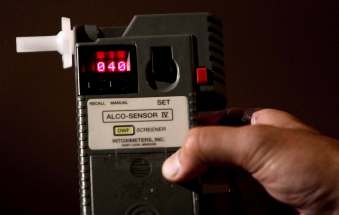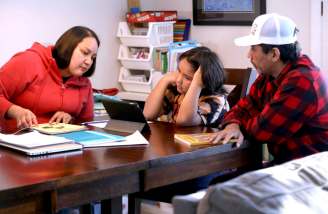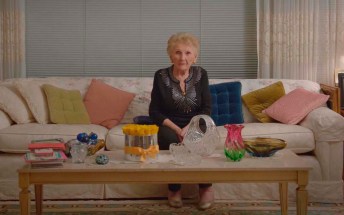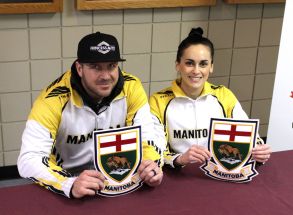North End-tough? Holocaust-tough Trump-era hate prompts Winnipeg-born filmmaker's documentary about his 90-year-old Nazi concentration camp-surviving grandmother's life
Read this article for free:
or
Already have an account? Log in here »
To continue reading, please subscribe:
Monthly Digital Subscription
$0 for the first 4 weeks*
- Enjoy unlimited reading on winnipegfreepress.com
- Read the E-Edition, our digital replica newspaper
- Access News Break, our award-winning app
- Play interactive puzzles
*No charge for 4 weeks then price increases to the regular rate of $19.00 plus GST every four weeks. Offer available to new and qualified returning subscribers only. Cancel any time.
Monthly Digital Subscription
$4.75/week*
- Enjoy unlimited reading on winnipegfreepress.com
- Read the E-Edition, our digital replica newspaper
- Access News Break, our award-winning app
- Play interactive puzzles
*Billed as $19 plus GST every four weeks. Cancel any time.
To continue reading, please subscribe:
Add Free Press access to your Brandon Sun subscription for only an additional
$1 for the first 4 weeks*
*Your next subscription payment will increase by $1.00 and you will be charged $16.99 plus GST for four weeks. After four weeks, your payment will increase to $23.99 plus GST every four weeks.
Read unlimited articles for free today:
or
Already have an account? Log in here »
Hey there, time traveller!
This article was published 22/01/2021 (1785 days ago), so information in it may no longer be current.
To all appearances, Martha Katz was probably like any number of the dozens of grocery proprietors operating in Winnipeg’s North End in the 1950s and ‘60s. She was hard-working and proud of the store that bore her own name on the southeast corner of Burrows Avenue and Powers Street. Presumably, she was tough too, as you’d have to be operating a store in the North End.
MOVIE PREVIEW
Martha
Directed by Daniel Schubert
● 21 minutes
● Available for viewing online on Wednesday, Jan. 27 at nfb.ca
What the casual shopper might not know, unless they chanced to get a glance at the numbered tattoo on her left arm, was that her toughness was tempered in the concentration camp at Auschwitz, Poland, where, at the age of 14, Martha and her family found themselves after being ripped from their home in Berehove, Czechoslovakia. Martha survived and eventually moved to Winnipeg with her husband Bill, also a camp survivor, with a nest egg of $200. But she tended to keep her history to herself.
At the age of 90, Martha Katz finally tells her story in the National Film Board documentary Martha, directed by her own grandson Daniel Schubert. The film is to be released online on Jan. 27, International Holocaust Remembrance Day.
The Winnipeg-born Schubert, 36, in a phone interview from his home in Vancouver, says he was inspired to make the film owing to a couple of factors, starting in the summer of 2017, when the Unite the Right rally was held in Charlottesville, Va.
“It was when (ex-U.S. president Donald) Trump was saying, ‘There’s good people on both sides,’ while they’re marching, saying ‘Jews will not replace us!’
“That was the moment when I said: OK, this is really insane. And then at the same time, I was reading in the newspapers that 50 per cent of millennials, of whom I am a part, don’t know what the Holocaust is,” he says. “Now there’s more people than ever denying that the Holocaust ever happened.
“So that was when I decided this is the time to do it,” he says. “I kind of felt like I had a responsibility to do it.”
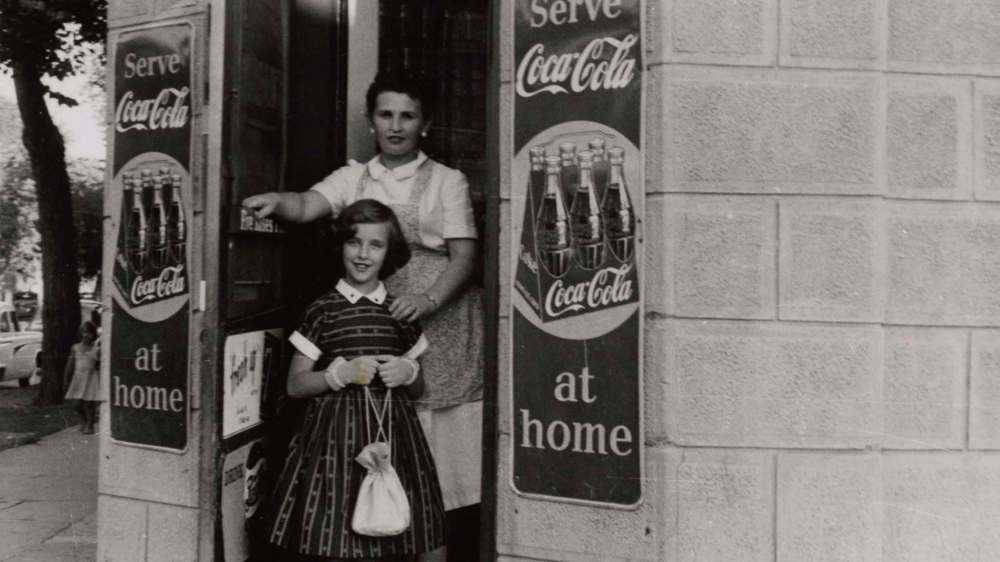
The other factor was that his maternal grandmother Martha had never gone on the record about her experiences in Auschwitz, though at least one of her siblings had submitted to interviews as part of director Steven Spielberg’s efforts to record thousands of oral histories under the auspices of the Shoah Foundation.
“I think it was hard for her to relive it, whereas my grandpa, who was a concentration camp survivor as well, he could talk about it whenever he wanted,” Schubert says.
“I had always wanted to get my grandpa’s stories on tape and he died like 20 years ago and I never got them,” he says. “And my grandma was always tight-lipped about it.”
The film sees Martha being visited by her grandson in her home in Los Angeles, where she moved decades earlier. “She suffered from chronic bronchitis since the war and in Winnipeg; the doctors told her that her health could be in danger unless she moved to a warmer climate,” Schubert explains. “So she moved to L.A.”
The film starts with a disarming light tone, with Martha kvetching about her grandson’s slovenly T-shirt when he visits her Los Angeles apartment. She fixes him up with one of her late husband’s good shirts, a square-patterned number that might charitably be qualified as “retro.” The lightness is intentional, Schubert says.
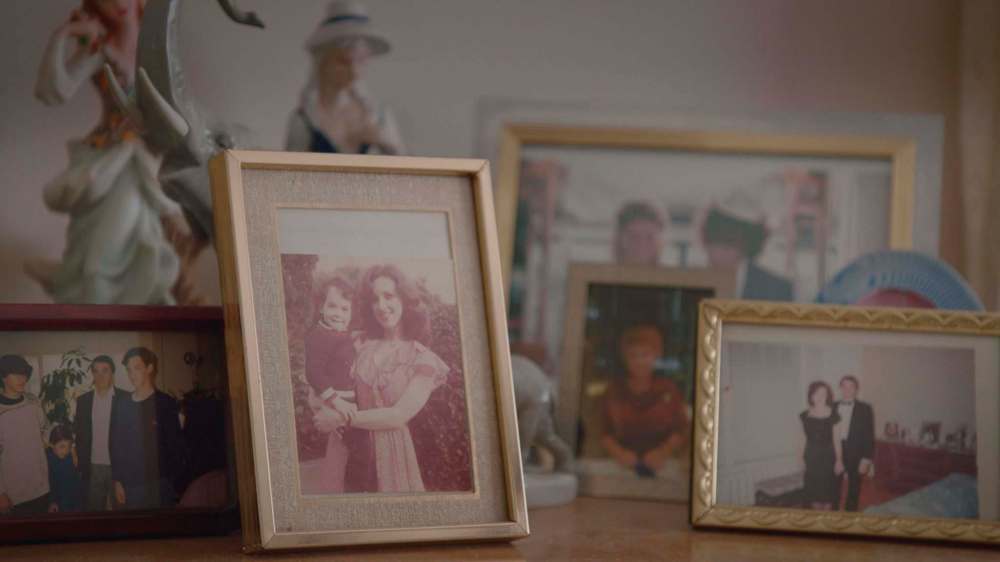
“If you have a film that’s kind of funny and emotional, maybe that will make it easier to deliver Holocaust information to kids who don’t know about it,” Schubert says. “And she’s so funny.
“When I’m driving, she backseat-drives. She’s almost blind, but she can still tell me exactly where to drive.”
It was important to capture her sense of humour, he says.
“She’s hilarious, intentionally and unintentionally,” he says. “She is the quintessential Jewish grandmother.
“I’m a huge comedy fan, so it was important to have that sort of Larry David-esque comedy in it when there are so many Holocaust documentaries that are so very serious. Why not have some thing that is real and have some comedy?,” he says. “Just because you’re dealing with the Holocaust doesn’t mean you can’t have a real human moments.”
“I dream about it. I think about it. Why would they take my mother and the two little children? And my father, he didn’t come home either. I don’t know how I’m alive.” – Martha Katz
Things do get serious when Schubert accompanies his grandmother to L.A.’s Museum of Tolerance, where the recreation of Auschwitz’s gas chambers provoke a horrifying realization for Martha regarding her mother’s sad fate in the real gas chambers.
“She’s usually pretty tough, but that was the one that really hit her hard,” Schubert says.
The visit sparks other horrors, as well.
“She came face-to-face with Mengele,” Schubert says, referring to the sadistic Dr. Josef Mengele, the so-called “Angel of Death” who presided over horrifying human experiments at the concentration camp. “And she had all these other incredible stories.”
Schubert says the moment remains unfortunately pertinent for the message of the film, especially considering recent events such as the riot at the U.S. Capitol in Washington on Jan. 6, which saw Trump supporters wearing Holocaust-denying “Camp Auschwitz” sweatshirts, among other anti-Semitic themes.
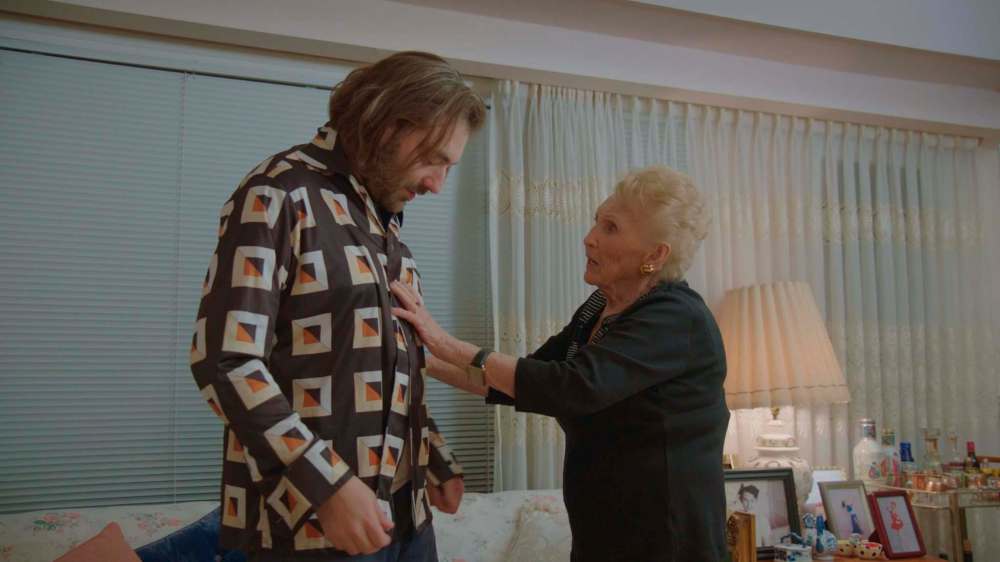
“It’s always appropriate to talk about, it but especially right now,” Schubert says. “I am an elder millennial and if millennials don’t even know, imagine the next generations. They’re not gonna even know what the Holocaust is at all. So how are you going to counter all this misinformation if you don’t have any knowledge of history?”
He is grateful, too, that his grandmother will see the release of the film,
“She hasn’t been well for a long time, but mentally she’s 100 per cent there,” he says.
As for his grandfather’s retro attire…
“I did keep the shirt,” Schubert says. “It’s packed away. Maybe I’ll wear it at my wedding or something like that.”
randall.king@freepress.mb.ca
Twitter: @FreepKing


In a way, Randall King was born into the entertainment beat.
Our newsroom depends on a growing audience of readers to power our journalism. If you are not a paid reader, please consider becoming a subscriber.
Our newsroom depends on its audience of readers to power our journalism. Thank you for your support.


